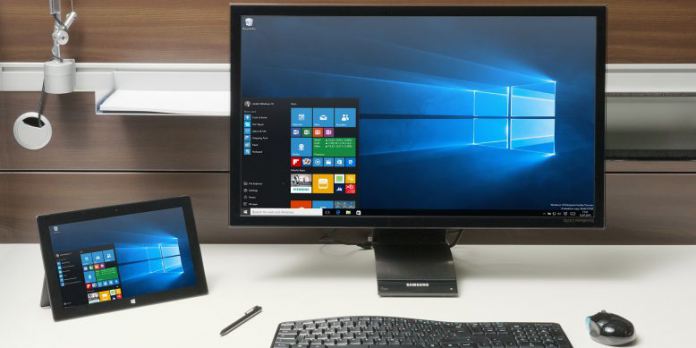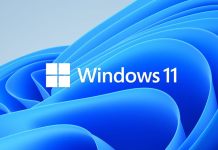Some of you may be thinking of Google’s Andromeda, which was very similar to Microsoft’s. It would have unified Chrome OS with Android. However, Google decided to cancel the project back in June. By moving to a modular concept, Andromeda OS will allow Microsoft to adapt Windows to each specific device. Of course, this has positive implications for Internet of Things devices. It would also allow the company to scale the OS to specific devices. For example, Microsoft could place Windows on a smartwatch, but only with the components necessary for a wearable device. The big upside of a modular platform would be the ability to move away from US variants across form factors. Think of Windows 10, it is the same underpinned platform across PC, Mobile, and Xbox. However, the UX on each device is different. With modular, Microsoft would be able to place a single Windows version on each device. It would be a true universal Windows experience, simply with specific components to match each device. This is Microsoft’s current goal, which has only partially been achieved with the Universal Windows Platform (UWP). Andromeda OS would allow manufacturers to choose which parts of the platform they want, but the general Windows experience will look the same. Andromeda will also continue Microsoft’s Windows as a service plans. Windows 10 differs from previous versions as Microsoft offers it as an evolving platform. The company updates the OS incrementally and often.
CShell Links
Lastly, the links with Andromeda OS and CShell seem obvious. Windows CShell creates a true unified experience across mobile and PC. Windows CShell is a scalable version of Windows that adapts the UI to work across devices. While the Universal Windows Platform (UWP) started the convergence of the platform, but CShell is a level beyond. The plan is for users to enjoy the same Windows 10 experience across all devices. In other words, we are talking about One Windows, built on one branch.




